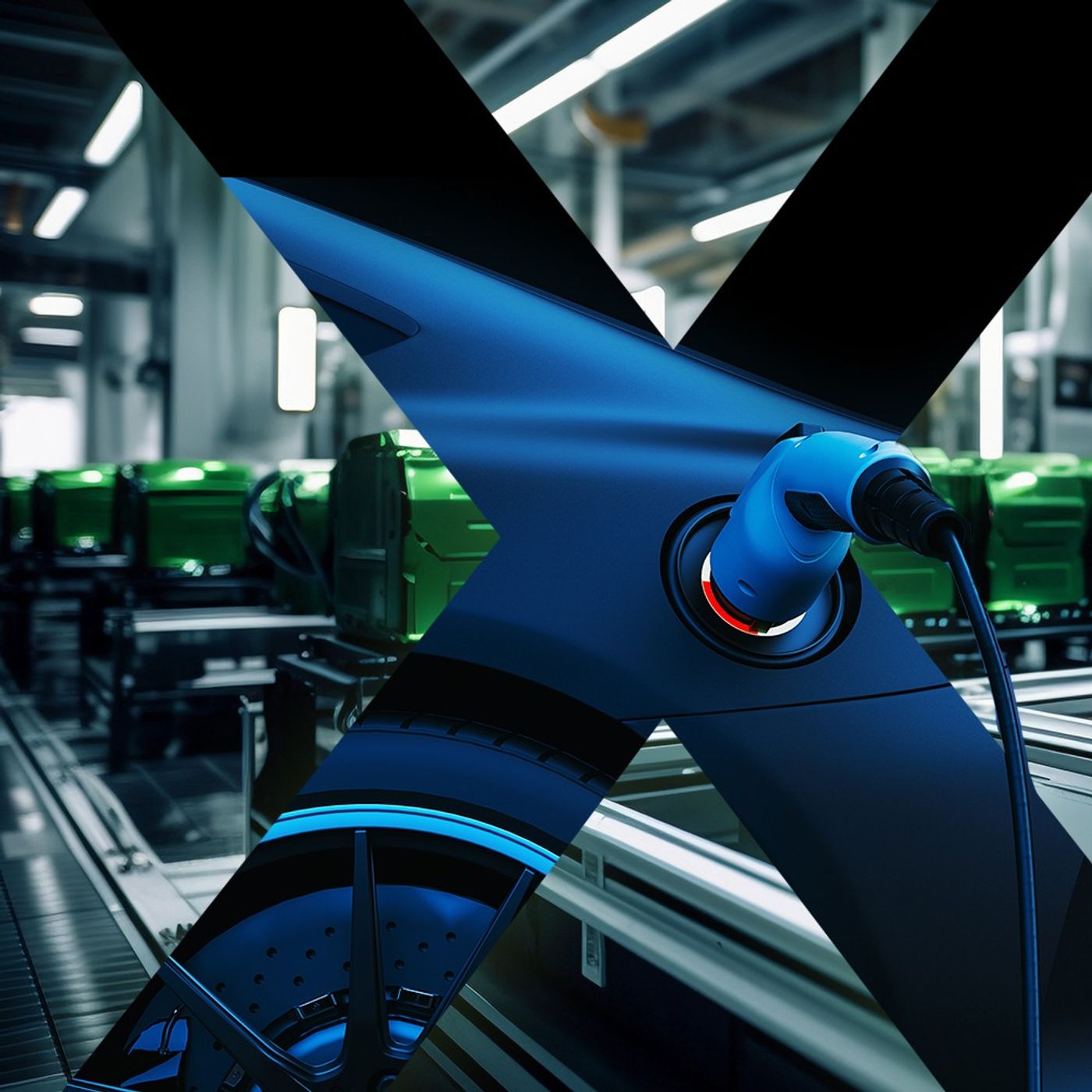Can AI help build a more liveable city?
Description
As we start to feel the effects of climate change, it’s clear we need to find ways to adapt our communities and lighten the impact on the planet. It can be tempting to just start over somewhere fresh — to build a fully optimized city that’s decked out with the latest technology to be sustainable and efficient. But as we’ve seen in one smart city development after another, these projects often fail to live up to the hype. It might be time to rethink what a smart solution actually looks like. In this episode, we learn about two companies that are harnessing the power of artificial intelligence to retrofit what already exists. By optimizing heating and cooling systems and re-tooling public transit, these two ventures are already helping shrink the carbon footprint of cities. It’s a good reminder of the power of incremental change.
Featured in this episode:
- Sarah Moser is a professor of urban geography at McGill University. She heads up the New Cities Labs and researches these new developments — what they promise and what actually gets built. She speaks to the need of digital literacy to evaluate technology and make sure it serves the needs of the community.
- David Rolnick is an assistant professor and Canada CIFAR AI Chair in the School of Computer Science at McGill University and at Mila. He also is a co-founder and chair of Climate Change AI, and scientific co-director of Sustainability in the Digital Age. Specializing in machine learning and climate change, he talks us through how machine learning can be used to help us mitigate and adapt to the climate crisis.
- Sam Ramadori is the CEO of BrainBox AI. We learn about his smart platform, why reducing energy emissions of buildings are so important and why we need to scale this kind of technology.
- Remi Desa is the co-founder and CEO of Pantonium — a on-demand ride-share app designed for buses. Pantonium’s platform brings real-time insights to public transportation and helps address the challenges faced in fixed-route systems.
- Marty LeDuc is a bus driver in the city of Fort Erie, and currently drives one of the vehicles utilizing the Pantonium software. With more than 20 years of experience under his belt, he speaks to the differences on-demand transit has made, and how change can be difficult.
Further reading:
- Toronto wants to kill the smart city forever
- Nine million people in a city 170 km long; will the world ever be ready for a linear metropolis?
- The Reality of Abu Dhabi's Unfinished Utopia
- Mila announces a partnership with BrainBox AI to support the launch of the company's first meta-learning project
- Addressing climate change by retrofitting Canada’s existing buildings
- To make U.S mobility more sustainable, improve access to public transit
The Mission from MaRS initiative was created to help scale carbon reducing innovations by working to remove the barriers to adopting new technology. Mission from MaRS thanks its founding partners, HSBC, Trottier Family Foundation, RBC Tech for Nature and Thistledown Foundation. It has also received generous support from Peter Gilgan Foundation, BDC, EDC and Mitsubishi Corporation Americas. Learn more about the program at missionfrommars.ca.
Solve for X is brought to you by MaRS, North America’s largest urban innovation hub and a registered charity. MaRS supports startups and accelerates the adoption of high-impact solutions to some of the world’s biggest challenges. For more information, visit marsdd.com.
















